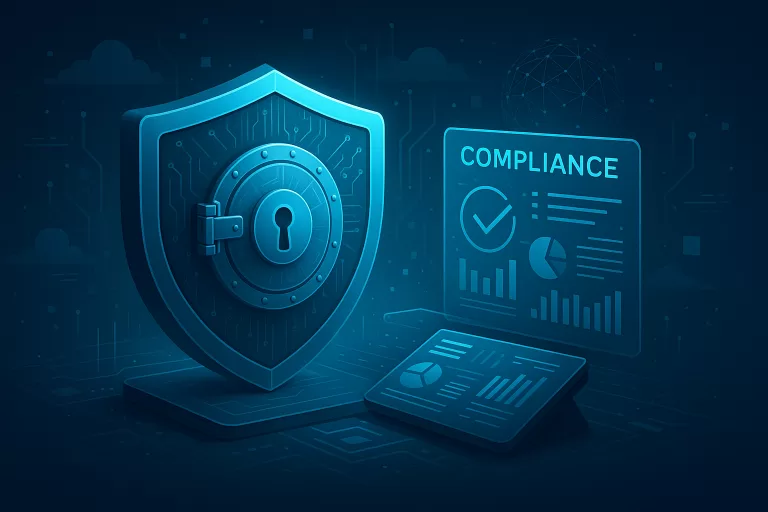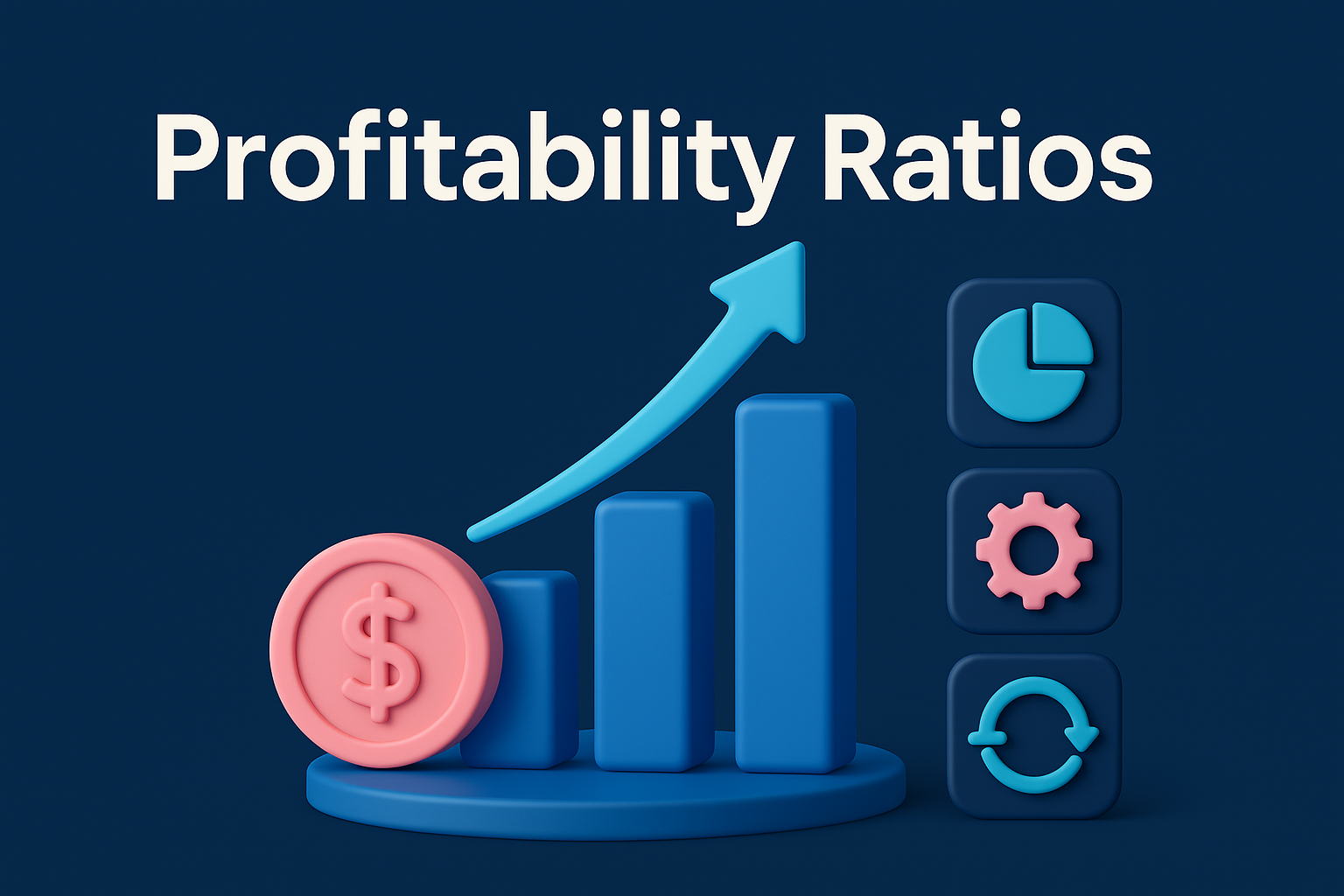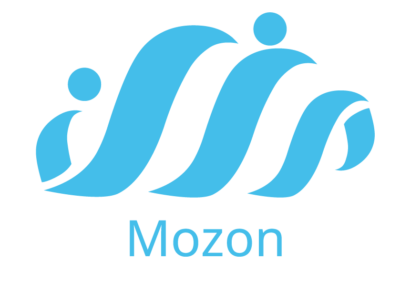Introduction
In the digital era, Data Security & Compliance have become critical pillars of business operations. As organizations migrate their infrastructure to cloud environments, adopt SaaS platforms, and expand into global markets, they face increasing threats and complex regulations.
For companies in the Middle East—particularly in Saudi Arabia, Jordan, and Egypt—ensuring robust security and meeting compliance requirements is both a legal necessity and a business imperative. Failure in either area can result in financial losses, reputational damage, and operational disruption.
Understanding Data Security
Data security involves protecting digital information from unauthorized access, corruption, or theft throughout its lifecycle. This includes:
Confidentiality – Ensuring that only authorized parties can access sensitive data.
Integrity – Preventing data from being altered without authorization.
Availability – Guaranteeing that data is accessible to authorized users when needed.
Core Components of Data Security
Encryption – Securing data at rest and in transit with strong cryptographic methods.
Access Control – Role-based permissions to ensure the right people access the right data.
Network Security – Firewalls, intrusion detection/prevention systems, and secure VPNs.
Endpoint Protection – Antivirus, anti-malware, and mobile device management.
Backup & Recovery – Regular backups and disaster recovery plans to prevent data loss.
Understanding Compliance
Compliance refers to adhering to laws, regulations, standards, and contractual obligations related to data handling. Key global and regional frameworks include:
GDPR – General Data Protection Regulation (EU) for privacy and data protection.
CCPA – California Consumer Privacy Act for consumer data rights.
HIPAA – Health Insurance Portability and Accountability Act (US healthcare data).
ISO 27001 – International standard for information security management systems.
NCA ECC (Saudi Arabia) – National Cybersecurity Authority Essential Cybersecurity Controls.
Egypt Personal Data Protection Law (PDPL) – National data privacy framework.
Jordan Cybersecurity Law – Framework for securing information systems and critical infrastructure.
Risks of Ignoring Data Security & Compliance
Financial Penalties – Fines for non-compliance with regulations.
Reputation Damage – Loss of trust among customers and partners.
Operational Disruption – Downtime and loss of productivity due to security breaches.
Legal Consequences – Lawsuits, sanctions, and possible criminal charges.
Best Practices for Data Security & Compliance
1. Implement Strong Access Controls
Adopt identity and access management (IAM) systems, enforce multi-factor authentication (MFA), and regularly review user permissions.
2. Encrypt All Sensitive Data
Use advanced encryption standards (AES-256) for both stored and transmitted data.
3. Conduct Regular Security Audits
Identify vulnerabilities through penetration testing and compliance audits.
4. Train Employees on Cybersecurity Awareness
Human error remains the top cause of breaches—training is critical.
5. Maintain Comprehensive Documentation
Keep records of policies, procedures, and incident response plans for compliance audits.
How Mozon Technologies Supports Data Security & Compliance
1. Secure Cloud Infrastructure
Mozon’s ERP and business solutions are hosted on secure, monitored servers with redundancy and backup capabilities.
2. Regulatory Compliance Built-In
Systems are designed to comply with regional laws such as Saudi NCA ECC, Egypt PDPL, and Jordanian data protection frameworks.
3. Access Management
Role-based permissions and detailed audit trails ensure transparency and accountability.
4. Automated Reporting
Compliance reporting tools simplify audit preparation and evidence collection.
5. Data Encryption and Recovery
All data is encrypted end-to-end, with backup solutions ensuring quick restoration after incidents.
Data Security & Compliance Trends for 2025 and Beyond
Zero Trust Architecture – “Never trust, always verify” approach to access.
AI-Powered Threat Detection – Machine learning models to identify anomalies in real time.
Privacy by Design – Integrating compliance into product and service design from the start.
Cross-Border Data Strategies – Handling multi-jurisdiction compliance for global operations.
RegTech Integration – Automation of compliance monitoring and reporting.
Conclusion
In a hyper-connected business world, Data Security & Compliance are not optional—they are strategic imperatives. With rising cyber threats and evolving regulations, organizations need solutions that combine strong technical safeguards with built-in compliance frameworks.
Mozon Technologies delivers precisely this: ERP and business systems that are secure by design, compliant with local and global standards, and tailored for the operational realities of businesses in Saudi Arabia, Jordan, and Egypt.
Sources
mozon-tech.com – Mozon Technologies Official Site
GDPR.eu – General Data Protection Regulation Overview
NCA.gov.sa – Essential Cybersecurity Controls (ECC)
Egypt Ministry of Communications – PDPL Guidelines
ISO.org – ISO 27001 Information Security Standard





